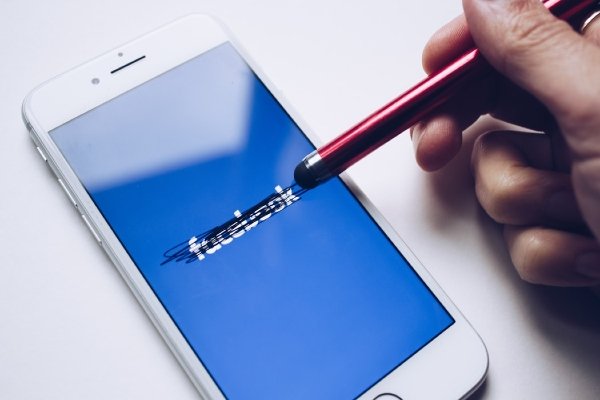Last month, Facebook cracked down on a series of networks that were engaged in Coordinated Inauthentic Behavior on its platform. These networks were operating a series of Facebook pages, groups, accounts, and promoting activities related to foreign and government interference.

Facebook recently published its Coordinated Inauthentic Behavior (CIB) report highlighting the number of issues caused by coordinated campaigns and their impact on elections. The report is the first of what’s going to be a standard practice where Facebook will offer information about the number of inauthentic activities discovered and addressed on a monthly basis.
Facebook’s Coordinated Inauthentic Behavior
Coordinated Inauthentic Behavior or CIB is a type of inauthentic behavior or a social media campaign working towards a specific goal — by means of fake engagement, spam, and artificial amplification. Spreading of fake news on Facebook is only a subset of it.
Last month, Facebook removed a total of 467 Facebook Accounts, 1,245 Instagram Accounts, 248 Facebook pages, and 49 Facebook Groups. These pages, groups, and accounts were primarily part of the five networks that were engaged in unlawful activities on Facebook.
Facebook considers these campaigns as coordinated attempts to manipulate global elections and public perception with the help of fake accounts.
Facebook also found a link to aRep Global, a digital marketing firm in India. Facebook removed 37 Facebook accounts, 32 Pages, 11 Groups, and 42 Instagram accounts related to this network. Its activities focused on the Gulf region, the United States, the United Kingdom, and Canada.
“We’re constantly working to find and stop coordinated campaigns that seek to manipulate public debate across our apps. In the past year alone, we’ve taken down over 50 networks worldwide for engaging in coordinated inauthentic behavior (CIB), including ahead of major democratic elections.”
Questions keep raising on Facebook’s integrity ever since its involvement with Cambridge Analytica, a now-defunct data intelligence firm, came to limelight. The investigation into it revealed how users’ data such as Facebook likes were used to influence the 2016 US Presidential election.